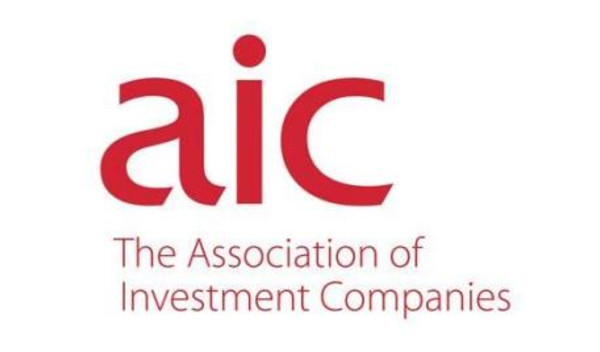

Data from the Association of Investment Companies (AIC) has revealed investment trusts typically outperform open ended funds and passive investments.
The research shows the average investment trust has returned 1,955 per cent in the 30 years to the end of March 2018.
In comparison, the FTSE All Share has returned 1,196 per cent, the MSCI World Index has returned 944 per cent and the average open-ended fund has returned 919 per cent.
In cash terms, a £100 lump sum investment 30 years ago in the average investment company would now be worth an impressive £2,055.
The same initial investment in the FTSE All-Share, MSCI World and the average open-ended fund would have grown to £1,296, £1,044 and £1,019, respectively.
The AIC quoted Morningstar data for the figures it compiled.
% share price total return performance over 30, 20 and 10 years
Performance from | 01/04/1988 | 01/04/1998 | 01/04/2008 |
Performance to | 31/03/2018 | 31/03/2018 | 31/03/2018 |
| 30 years | 20 years | 10 years |
% SPTR (TR for IA OE) |
|
| |
Average investment company (excl. VCT) | 1,955% | 510% | 144% |
FTSE AllSh TR GBP | 1,196% | 170% | 91% |
MSCI World Free NR USD | 944% | 231% | 151% |
IA OE Total (average open-ended fund) | 919% | 214% | 96% |
Source: Morningstar
Despite this Mark Dampier, research director at Hargreaves Lansdown, is not a fan of investment trusts.
He said they are not included in the company's Wealth 150 list of favourite funds and he said they are "not for the common man."
Francis Klonowski, who runs Klonowski and Co, an advice firm in Leeds, tends to use investment trusts far more than open-ended funds.
He said: "It hasn't changed in the 25 years or so that I have been using them.
"I find investment trusts generally do produce better returns, they have lower costs and are more stable.
"They tend not to have star managers and there are lower marketing budgets, so they get on with managing the money."
Annabel Brodie-Smith, communications director of the Association of Investment Companies (AIC), said: "The pensions changes have led to more investors investing beyond their retirement and even considering the next generation when making their investment decisions.
"It is heartening to see the impressive long-term performance of the average investment company against some well-known indices and the average open-ended fund.
"The closed-ended structure, ability to gear, income benefits and independent boards are unique features that deliver strong long-term performance for investment company shareholders.
"Investment companies are the ideal vehicle for active managers, giving them the tools they need to deliver benchmark beating returns."
david.thorpe@ft.com



